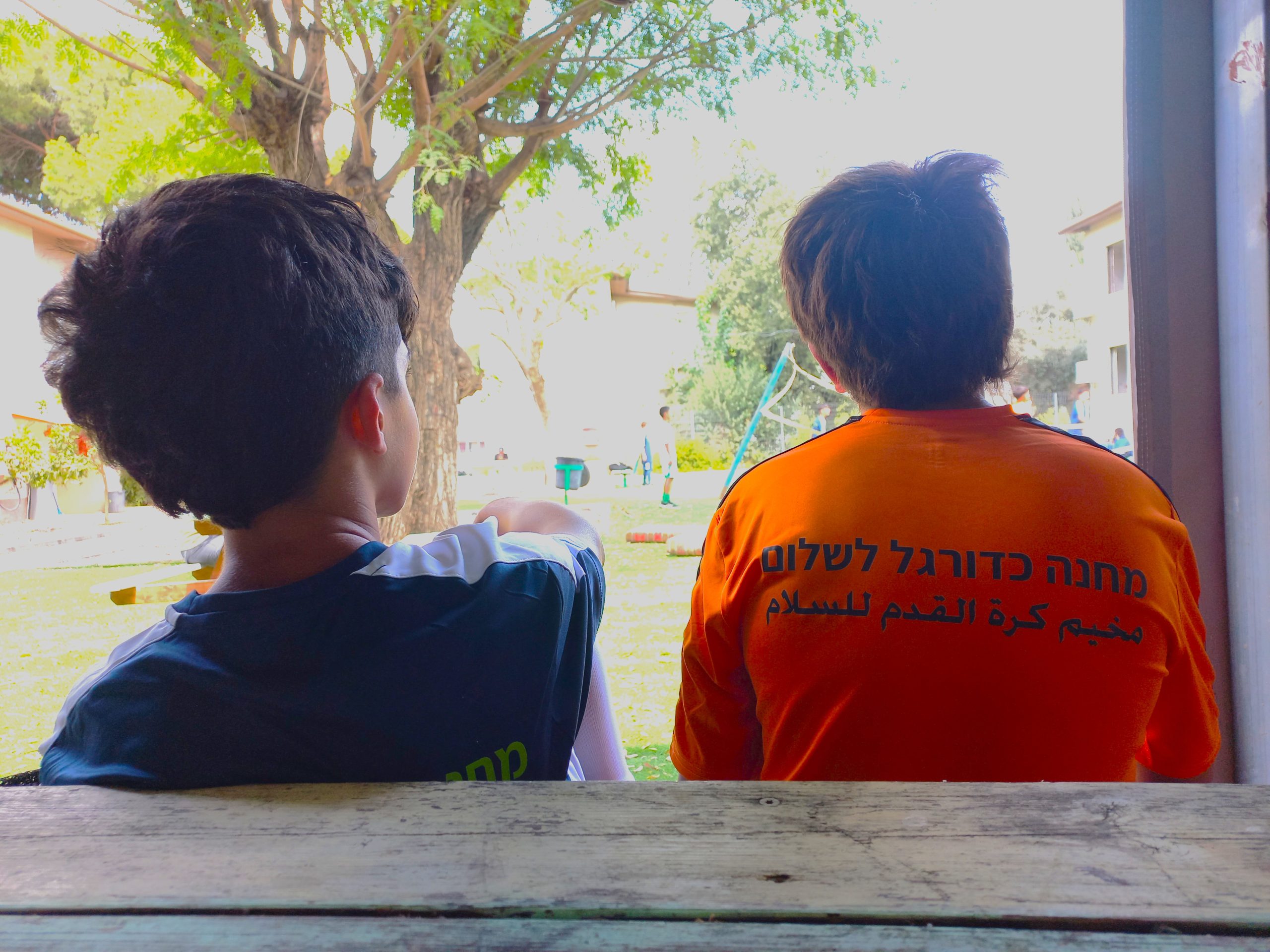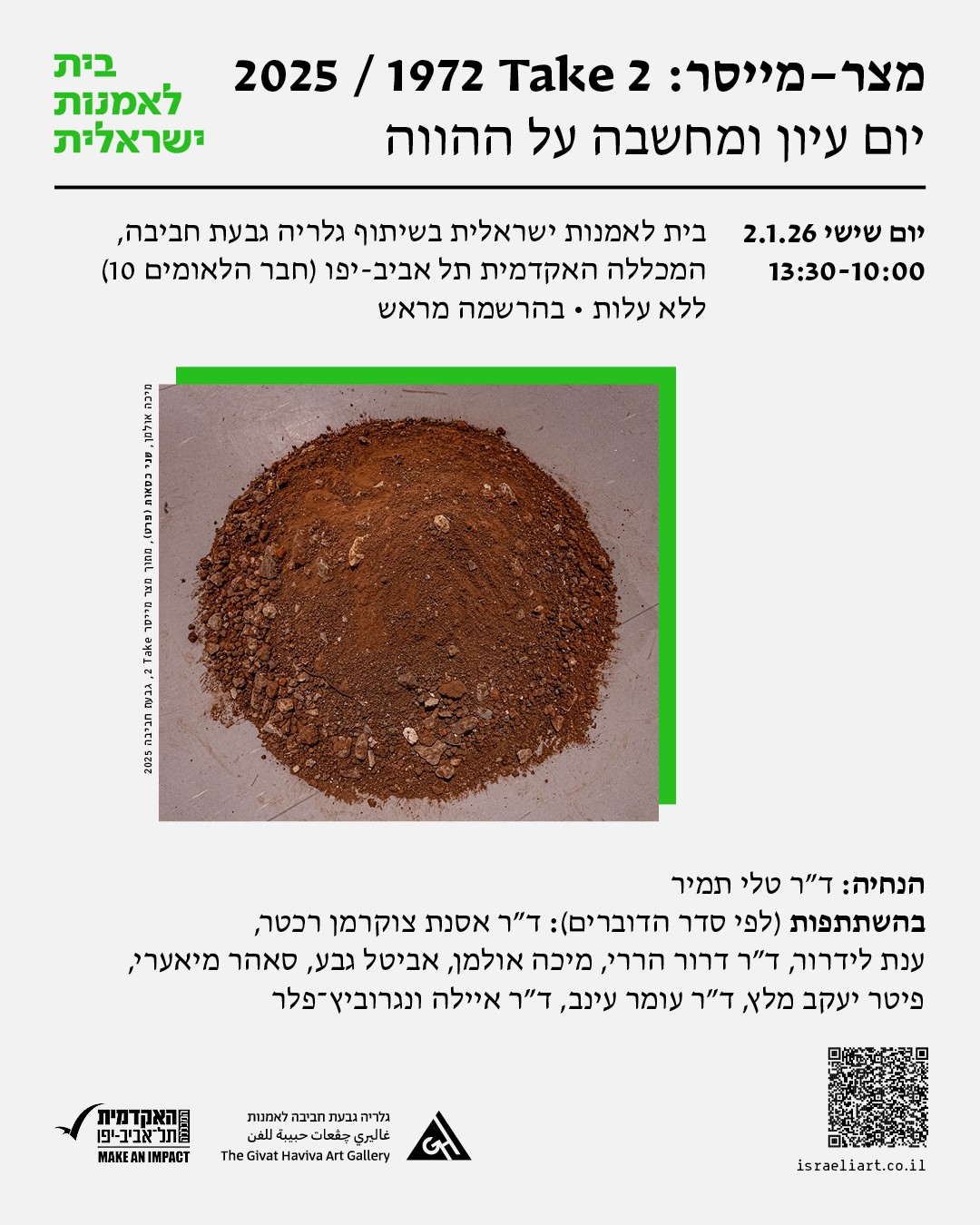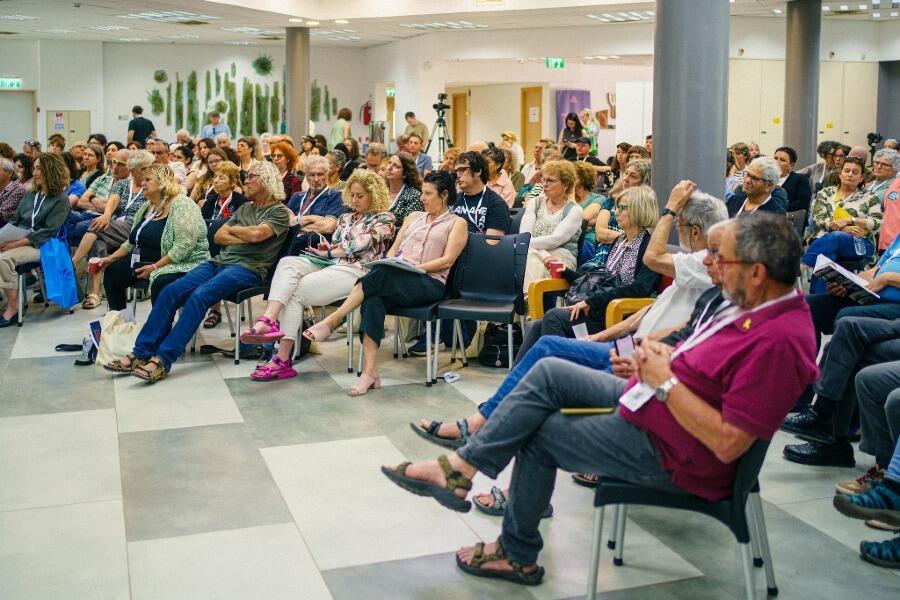In recent years in general and since October 7th in particular, students in Israel and their parents have experienced many challenges: closures during the Corona period, five election campaigns, social and political unrest – and above all, a war that has been going on for almost two years. The results of the war on teachers, children and youth are evident, as well as the severe damage to the fabric of shared society and concern for the future. As an organization that offers opportunities for shared education, we sought to understand which way the wind is blowing among parents, who shape the citizens of tomorrow no less than teachers.
A new survey by the Givat Haviva Center for Shared Society examined how these challenges are reflected in the positions of Jewish and Arab parents two years into the war: Do they think that schools are succeeding in providing their children with an educational response to the violent reality that finds increasing expression in media and social networks? In this divided reality, would parents support having teachers from the other society teach their children? Do they attach importance to learning the language of the other? Would they want their children to meet and get to know Jewish or Arab children? And what about political discourse in schools, democracy studies, and freedom of expression?
While in Arab society an absolute majority of parents are interested in strengthening democracy studies (91%), support adding Jewish teachers to the school staff (95%), and including Hebrew studies (98%); only about half of the respondents from Jewish society (secular and traditional) support integrating Arab teachers, 70% attribute importance to learning Arabic, and 86% seek to strengthen democracy studies and education for equality. The ultra-Orthodox public exhibits alarming insularity: 98% of parents oppose integrating an Arab teacher into a Jewish school, 78% oppose strengthening content that promotes democracy, 86% do not want their children to learn Arabic, and 98% would refuse to send their children to a summer camp with Arab children.
As for encouraging educational political discourse in classrooms, 60% of Arab parents support such discussion, while only 22% of Jewish parents support it. On the other hand, Jewish parents are less concerned about their children expressing political opinions (8%) compared to 31% of parents in Arab society who instruct their children not to. In addition, most Jewish parents (74%) are not willing to send their children to joint summer camps with Arab students, compared to 33% of parents in Arab society who oppose the idea.

Michal Sella, CEO of Givat Haviva, on the survey findings: “The findings are worrying, but after years of division and rift, we expected worse. Ultimately, in Israel, people live in separation. Jews and Arabs, as well as secular and ultra-Orthodox, generally do not live side by side, and are not educated in the same education system. This fact, alongside years in which ministers, members of Knesset and public figures who do everything they can to incite us against each other, cynically exploiting the difficult reality in which we live, is clearly reflected in our survey. The clear desire of Arab parents to create opportunities for their children to speak, get to know, and learn the language of the other, is difficult to meet in a system in which the level of Hebrew spoken in Arab schools is declining. Jewish parents also indicate their desire for change, but in lower numbers that become zero when we talk about ultra-Orthodox society. However, the fact that many are still interested in sending their children to be educated with children from another society creates hope. We believe that it is very important that Jewish and Arab children meet, in the education system and outside it, that Arab teachers teach in the Jewish education system and vice versa, and especially – in light of the difficult findings among Haredi parents – to understand that it is impossible to talk about core studies in Haredi society and be satisfied with English and math. It is essential to also integrate civics and democracy studies so that Haredi society can be an active part of civil society in Israel. In general, the demand of many, including former Education Minister Bennett, to turn the education system into a direct path to high-tech is to our dismay. We see this survey, among other things, as a result of the vacuum in civics studies. ”
The survey was conducted by Givat Haviva through the Midgam Research Institute among 503 parents of students in the education system, of them 303 Jews and 200 Arabs, with reference to the educational stream in which Jewish students study.





